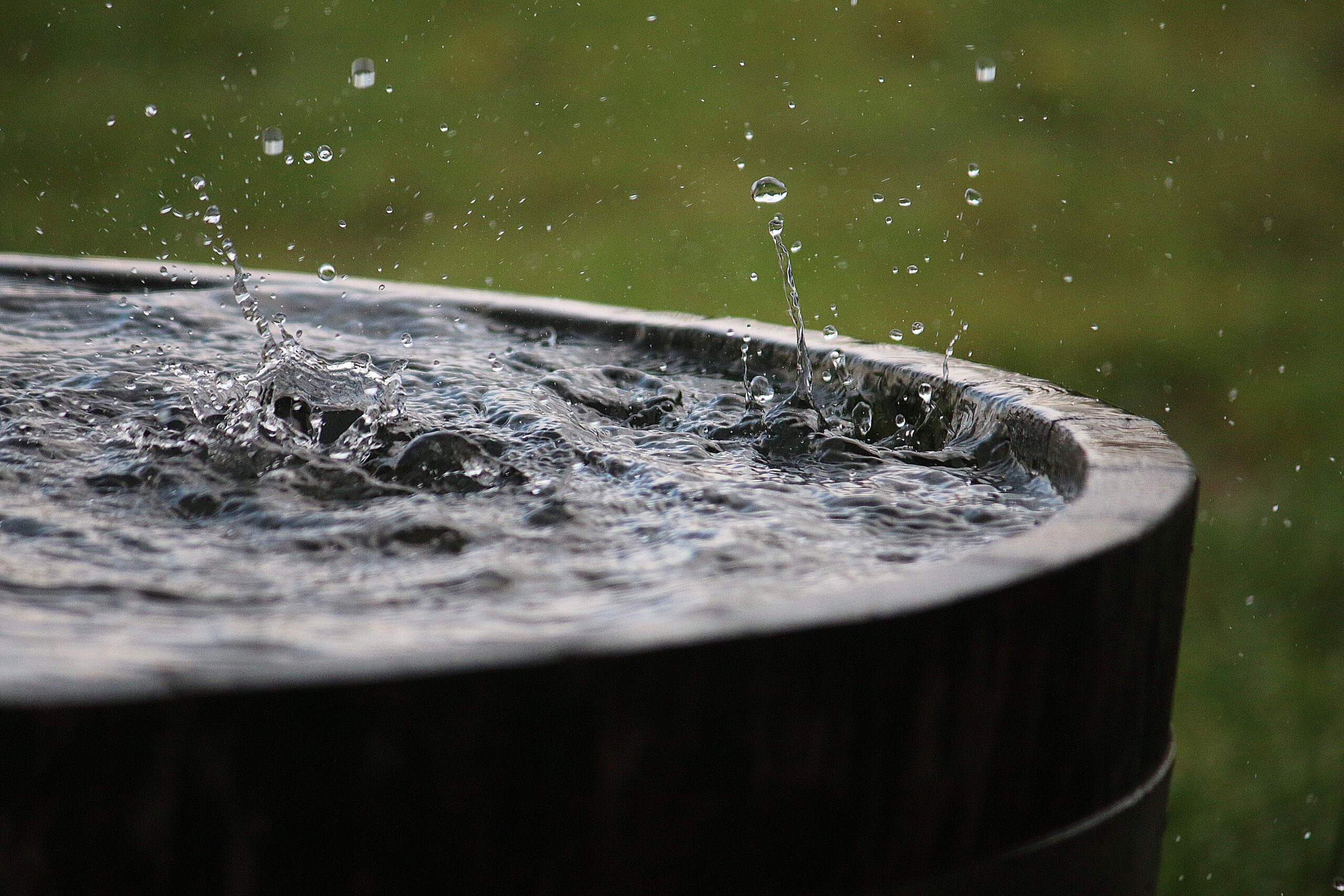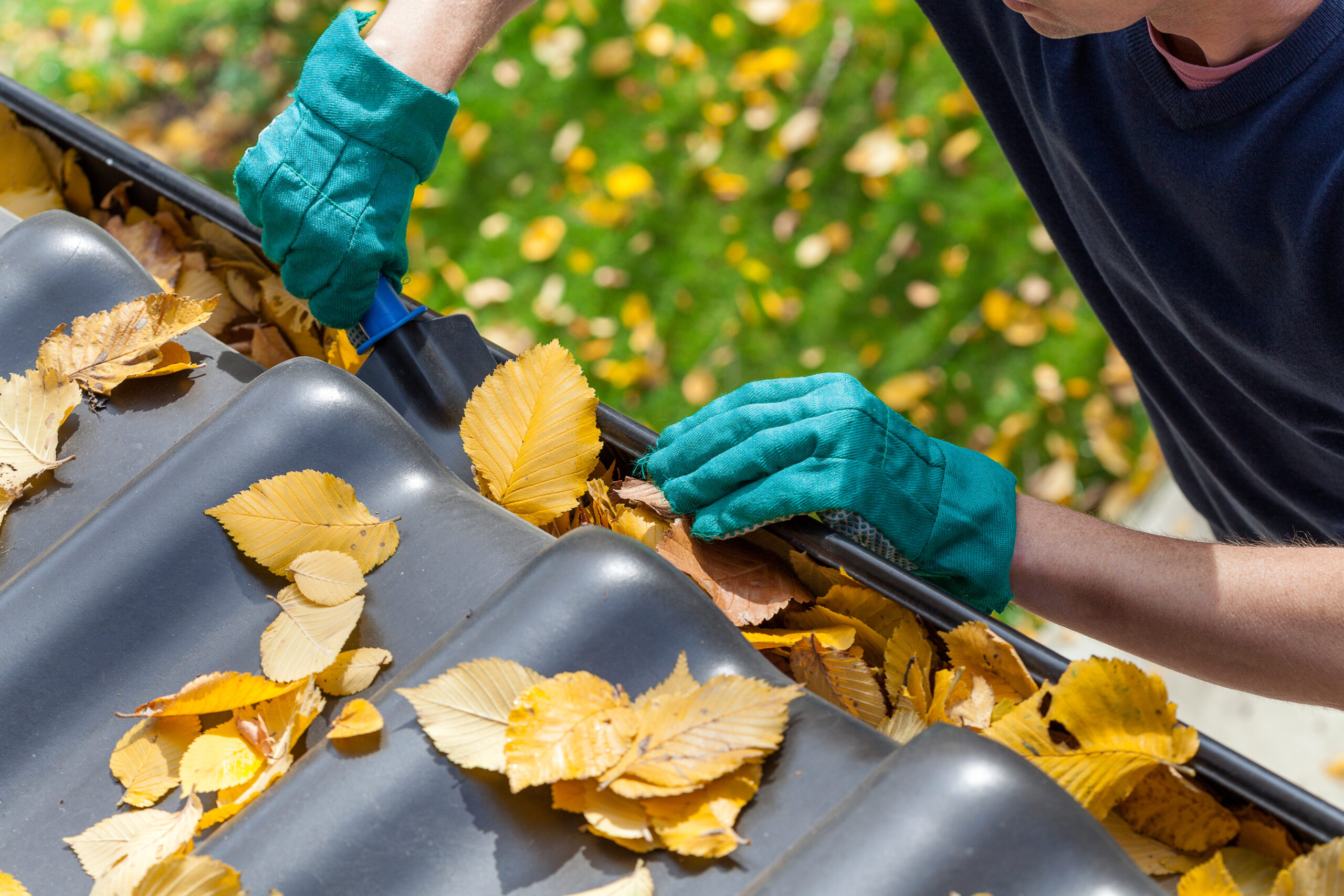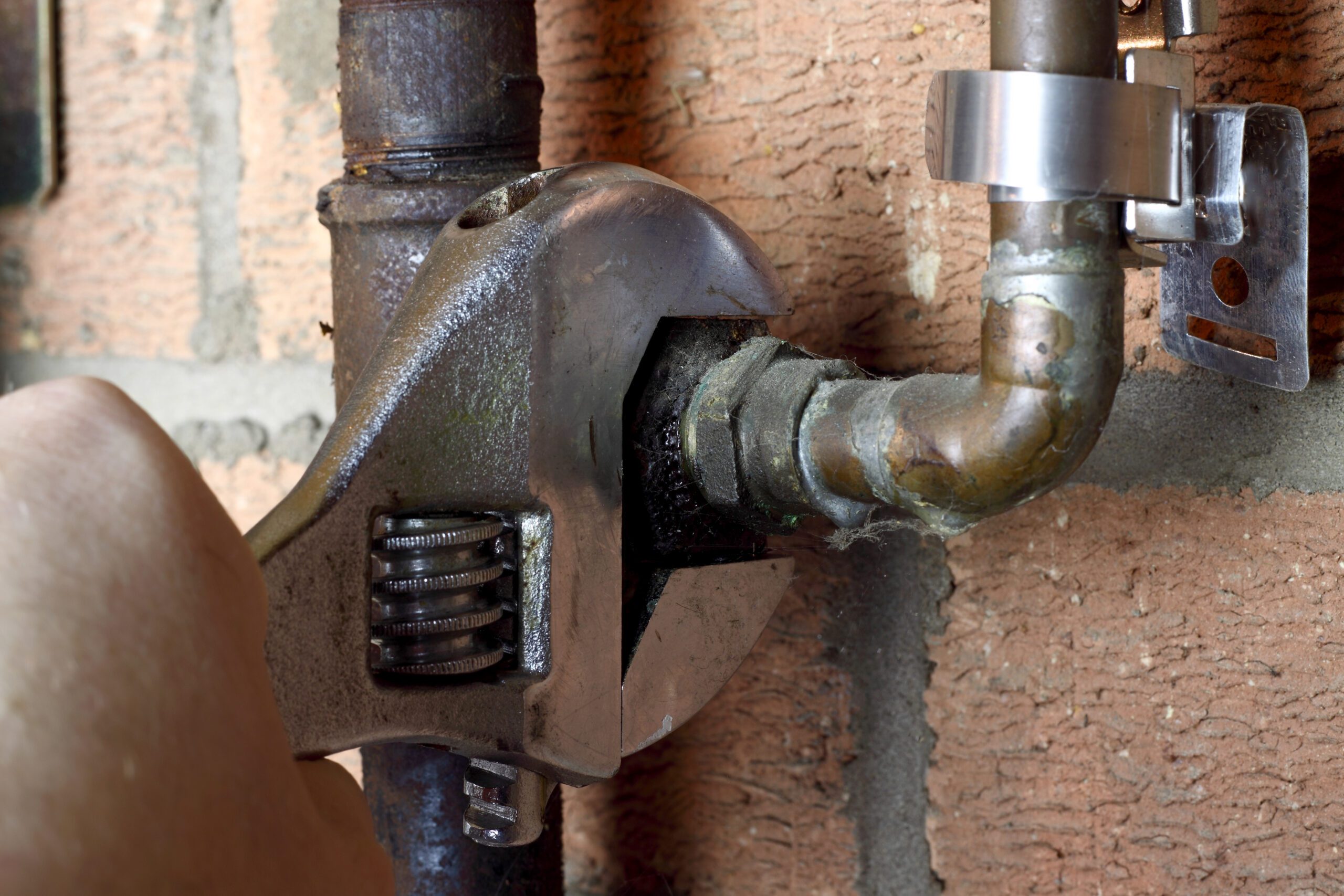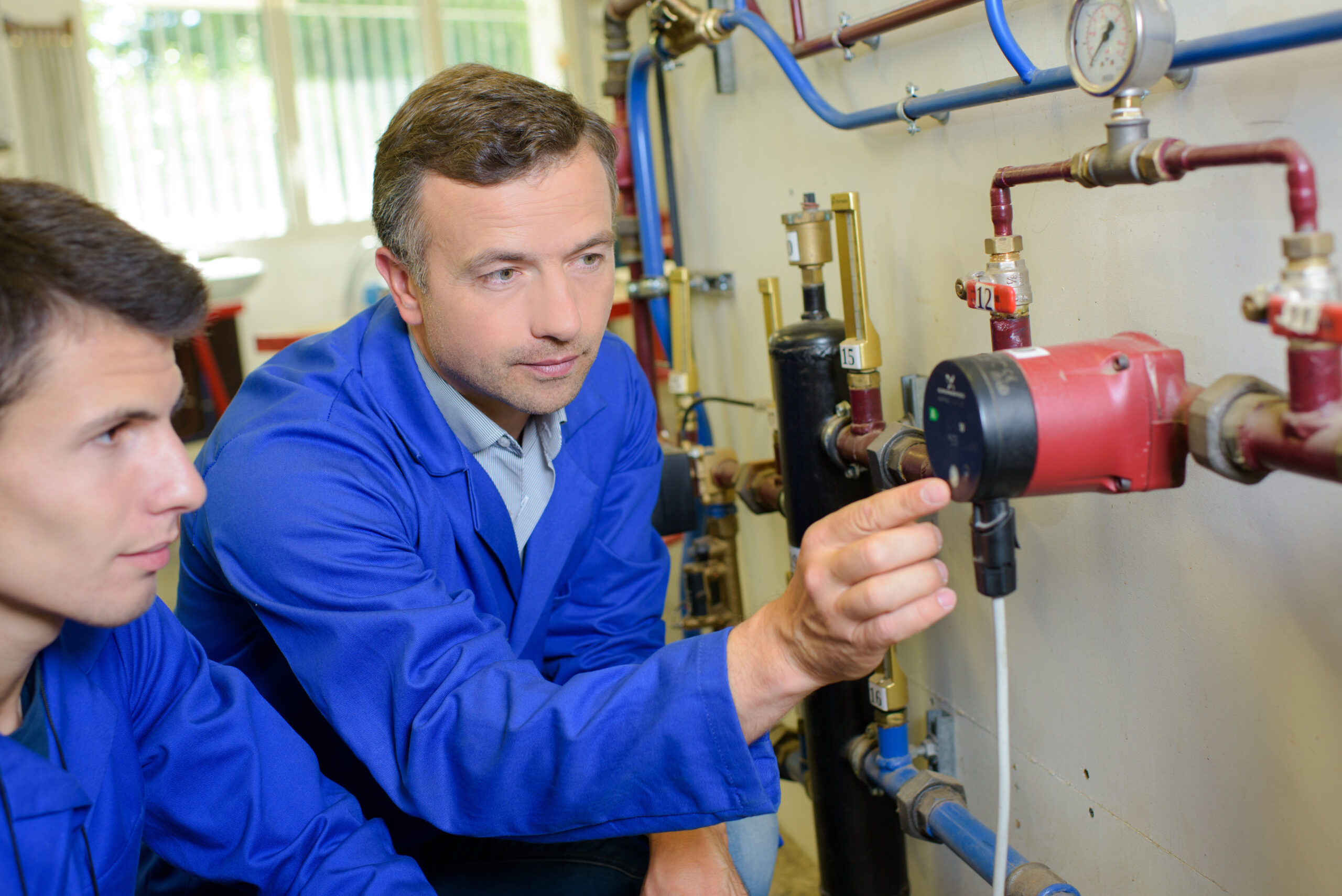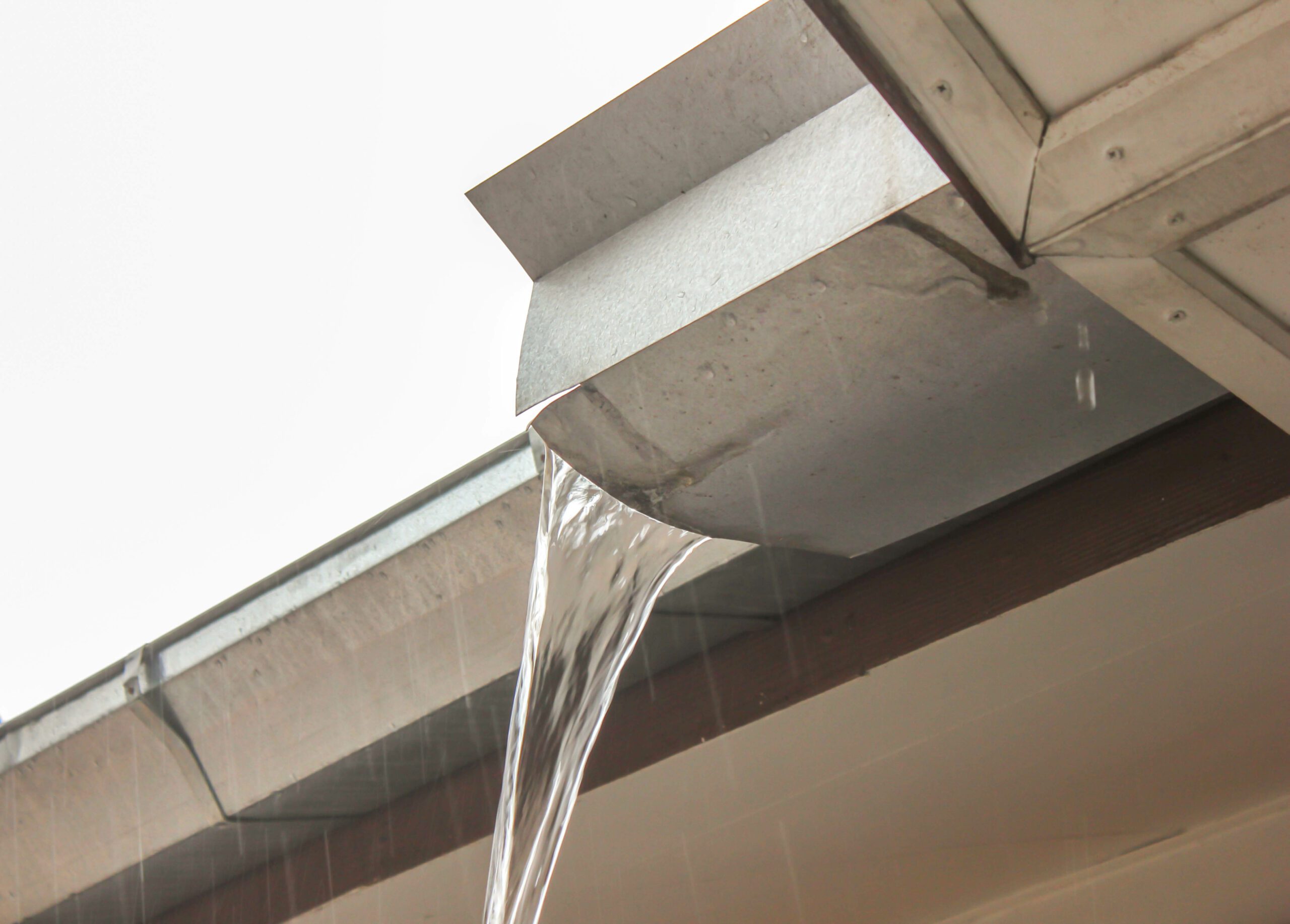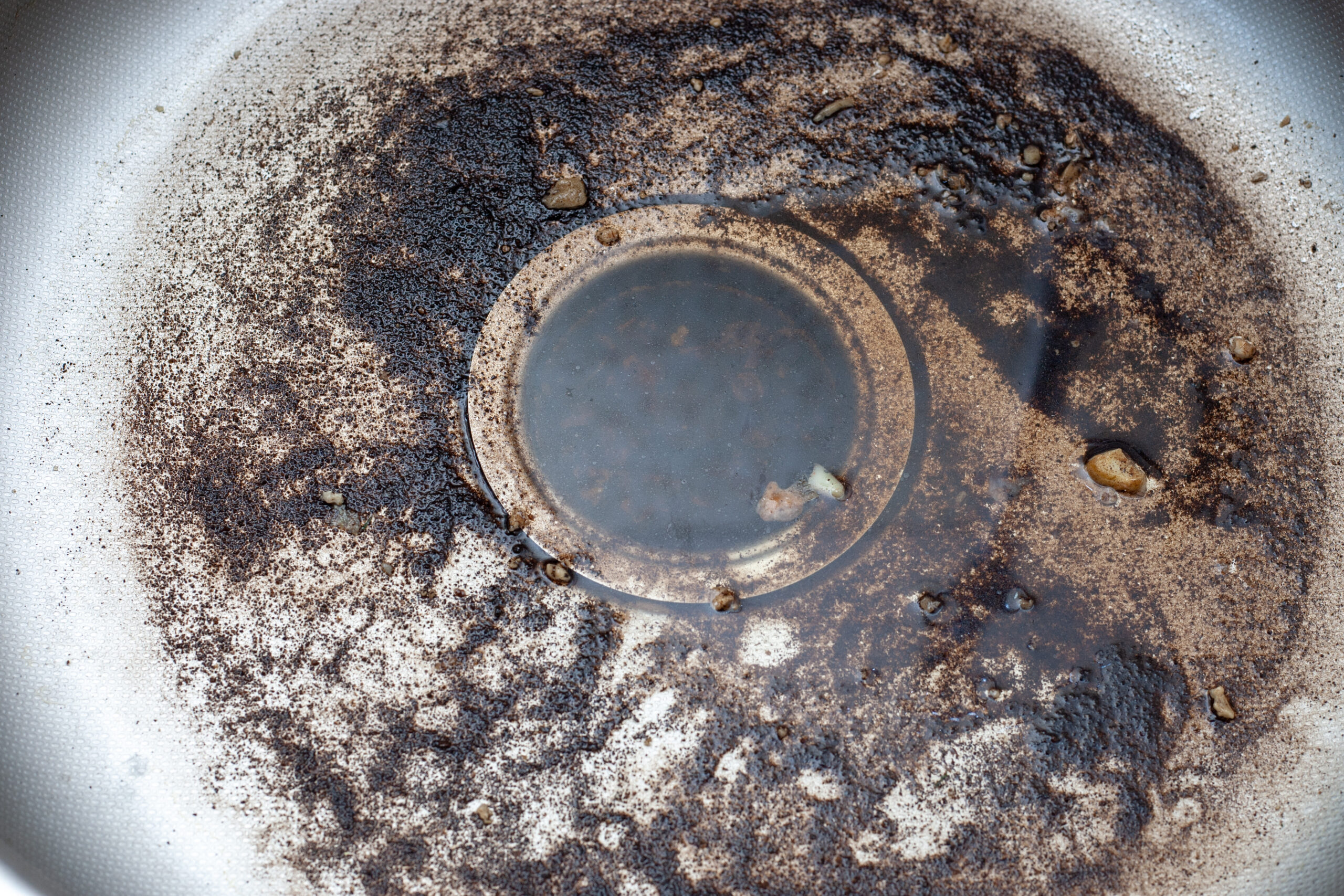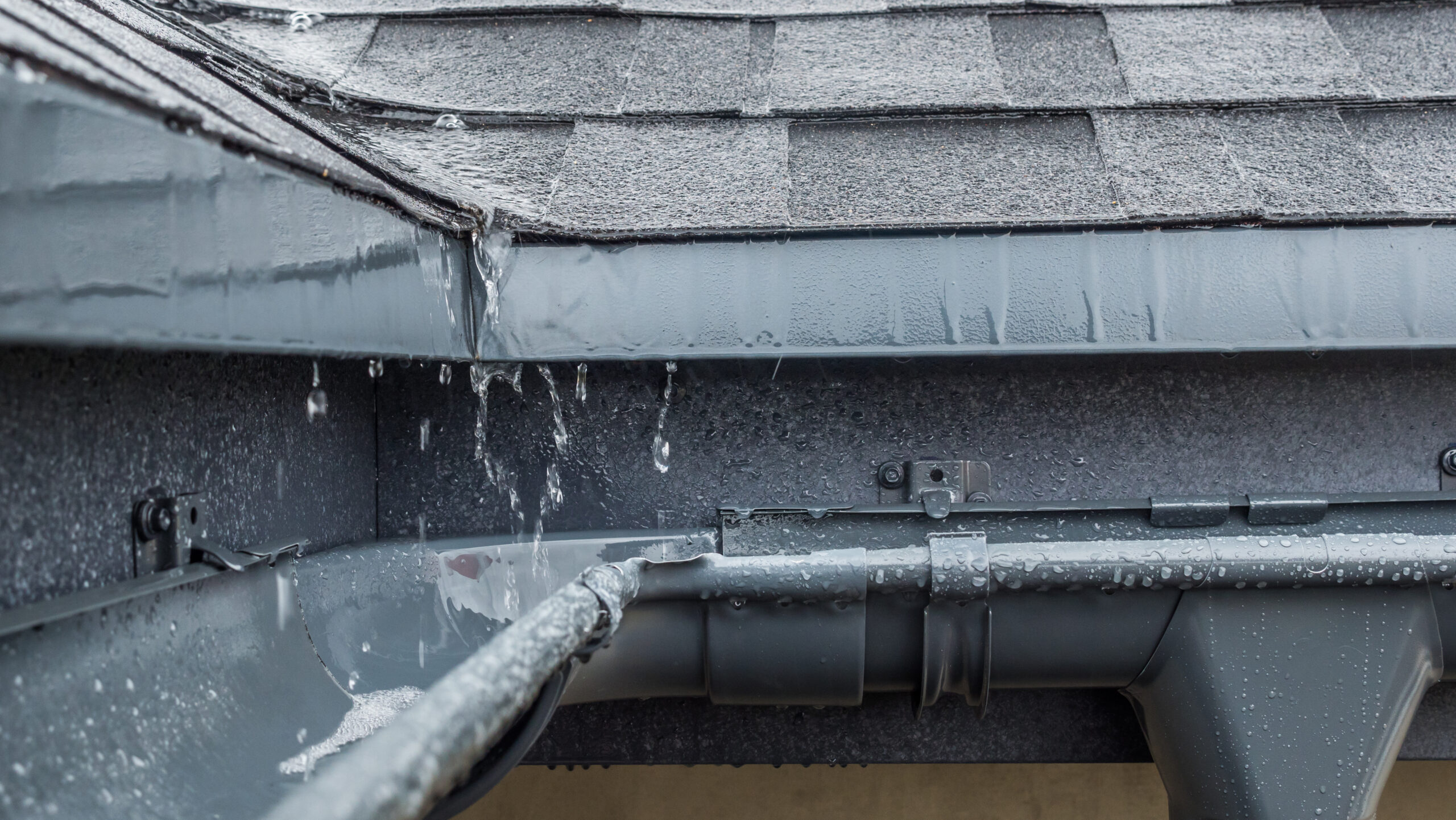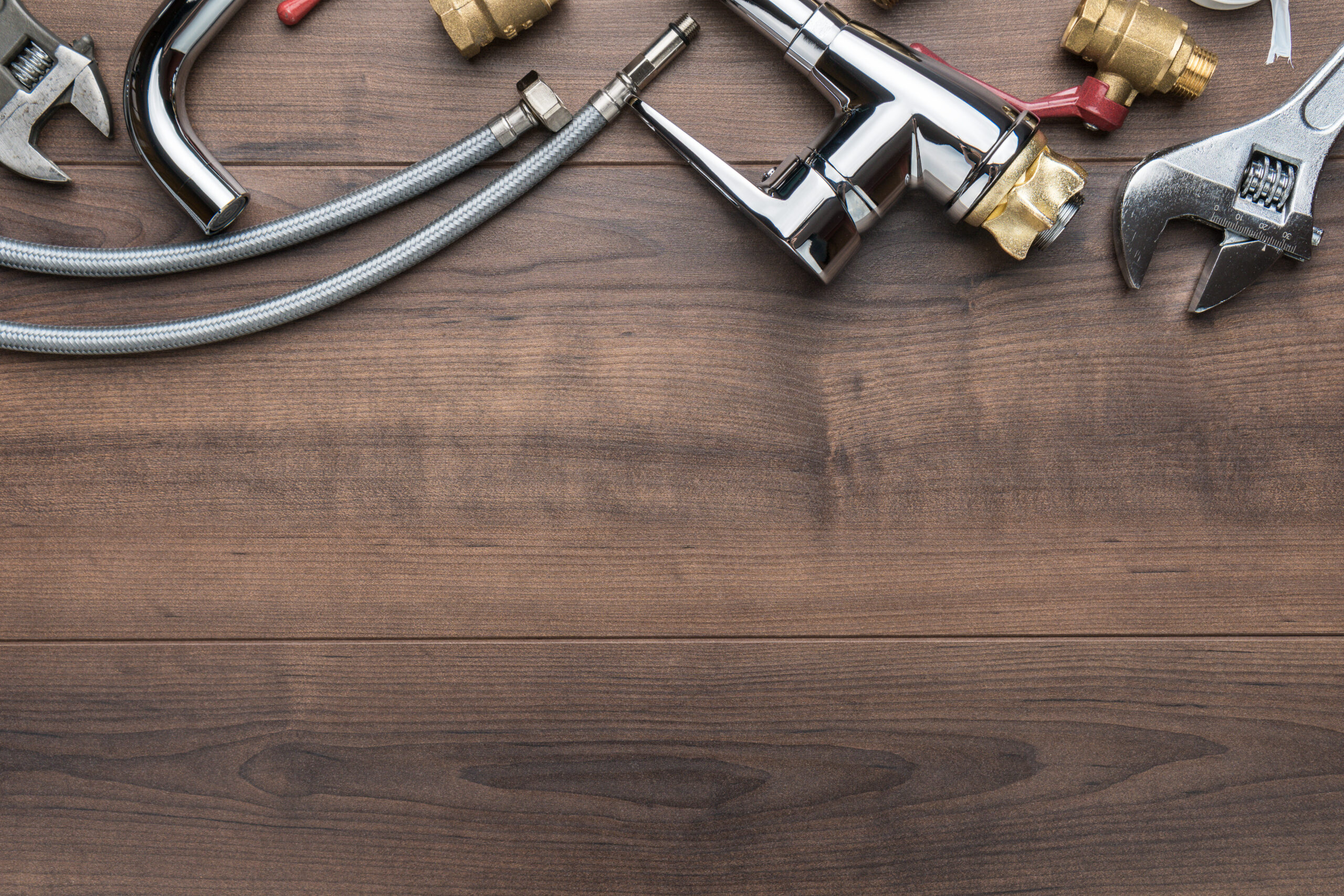There’s no denying that rainwater can be highly useful on a rainwater tank for a variety of household purposes.
And with growing concerns about water scarcity across the world, it has emerged as one of the best alternatives to regular water. It’s not surprising that most Australian homeowners nowadays have their personal rainwater collection system.
But the task of conserving rainwater doesn’t end with an effective collection. You also need to ensure the water is fresh enough to use for watering plants and other daily household chores.
That’s why it’s important to know how to keep water fresh in a rainwater tank in Sydney. We’re here to help you with all the essential details regarding the same, so let’s get started!
How Do You Keep Water Fresh In A Rainwater Tank?
Here are five simple tricks to adopt for keeping the rainwater in your tank fresh.
1. Empty The Barrels Weekly
Standing water can quickly become a breeding ground for bacteria, mosquitoes, and other undesirable organisms. So, in case you’re collecting rainwater in barrels, make sure you empty them frequently.
Note that you should change the water on a weekly basis to allow fresh water to collect in the barrels. That way, all undesirable organisms in the tank can be washed out.
At this point, here’s a tip to eliminate microbial growth and destroy potential viruses that might’ve entered your tank. Use bleach to kill microbes completely, and after you’ve scrubbed out the barrels using chemicals, rinse them multiple times to remove all chemical traces.
Note that the newly collected water in an unclean tank might contain residual chemicals that can damage your plants. But in colder temperatures or during the winter months, you don’t need to empty these barrels as frequently. You can store water for two to three weeks when the temperatures are very low and unfit for organisms to thrive in.
2. Install Filters
Filters are crucial for any rainwater tank in Sydney and are suitable for installation at different points in the rainwater collection system. When you’re using gutters to filter water down the roof and into a barrel, you should install the filter at the primary pipe runoff point for collection.
This will keep the larger particles from entering the tank or barrel, preventing contamination. You can also put a filter at the spot where the water is about to enter the tank. Such a filter should have a finer mesh that can decrease the chances of undesirable particles entering the water tank.
Also, ensure that you monitor and clean the filters regularly to prevent blockages and waste buildup.
3. Add Iodine/ Chlorine Tablets
In case you’re growing edibles in the garden, we’d strongly recommend treating the rainwater for waterborne diseases. Notably, giardia and crypto are the two primary diseases that you might suffer from, affecting your bowels.
They can arise not only due to contaminated water intake but also from the consumption of edibles that have been grown with impure water. If you wash the edibles, it can help prevent such diseases, but the most effective technique in this regard is to treat the water before use.
You can add iodine and chlorine tablets into the tanks as they will prevent algae growth and eliminate the chances of giardia and crypto. Ultimately, your water will be safe for use and capable of being stored adequately.
4. Use Paint Barrels
Another highly effective and interesting way to stop algae from thriving in a rainwater tank in Sydney is to stop the entry of light. Using brown or black paint to colour the barrels can help reduce the amount of light entering the tank.
Since algae require light to thrive, using a tank that has dark sides and a lid can help prevent their growth without the need for chemical treatment or frequent cleaning.
At the same time, it’s worth noting that the dark colour of the barrels can heat up the tank more as they’ll absorb more sunlight. The increased temperature might again create a conducive environment for parasites like mosquitoes. Alternatively, you can consider adding oil to the water surface to prevent their growth which we will discuss next.
5.Prevent Mosquitoes Using Oil
As mentioned earlier, mosquitoes are a menace to rainwater collection systems in most regions as they can quickly breed in stagnant water. So, if you’re finding it hard to keep mosquitoes from spawning in the collected rainwater, try adding a bit of oil.
Oil will float on the water surface, and you will be able to use almost all the water beneath the surface without oil spreading into the garden. Plus, the oil creates a film across the top, which acts as the perfect barrier against mosquitoes, preventing them from breeding on the surface.
This technique is quite simple on the whole, and you’ll require only one tablespoon of oil for the majority of tanks.
Conclusion
With that, we’re about to wrap up our guide; hopefully, now you’re better equipped to keep the water fresh in your rainwater tank.
Within days of using fresh rainwater on your plants, you’re bound to notice a significant improvement in their health. Additionally, you can use the water for washing your car and doing laundry.
But that’s not all, as adequately filtered rainwater is also fit for drinking. Just make sure you’re using food-grade materials complying with the Australian standards to keep the rainwater fresh.
Before we bring down the curtains, let’s share with you another nifty tip. Using the right fittings and pipes for your rainwater tank is also crucial for maintaining the freshness of the rainwater. Notably, PVC piping is of two types – with and without lead, and we recommend going for the latter type as they’ll keep the water safe for all purposes.
Till next time, take care!
